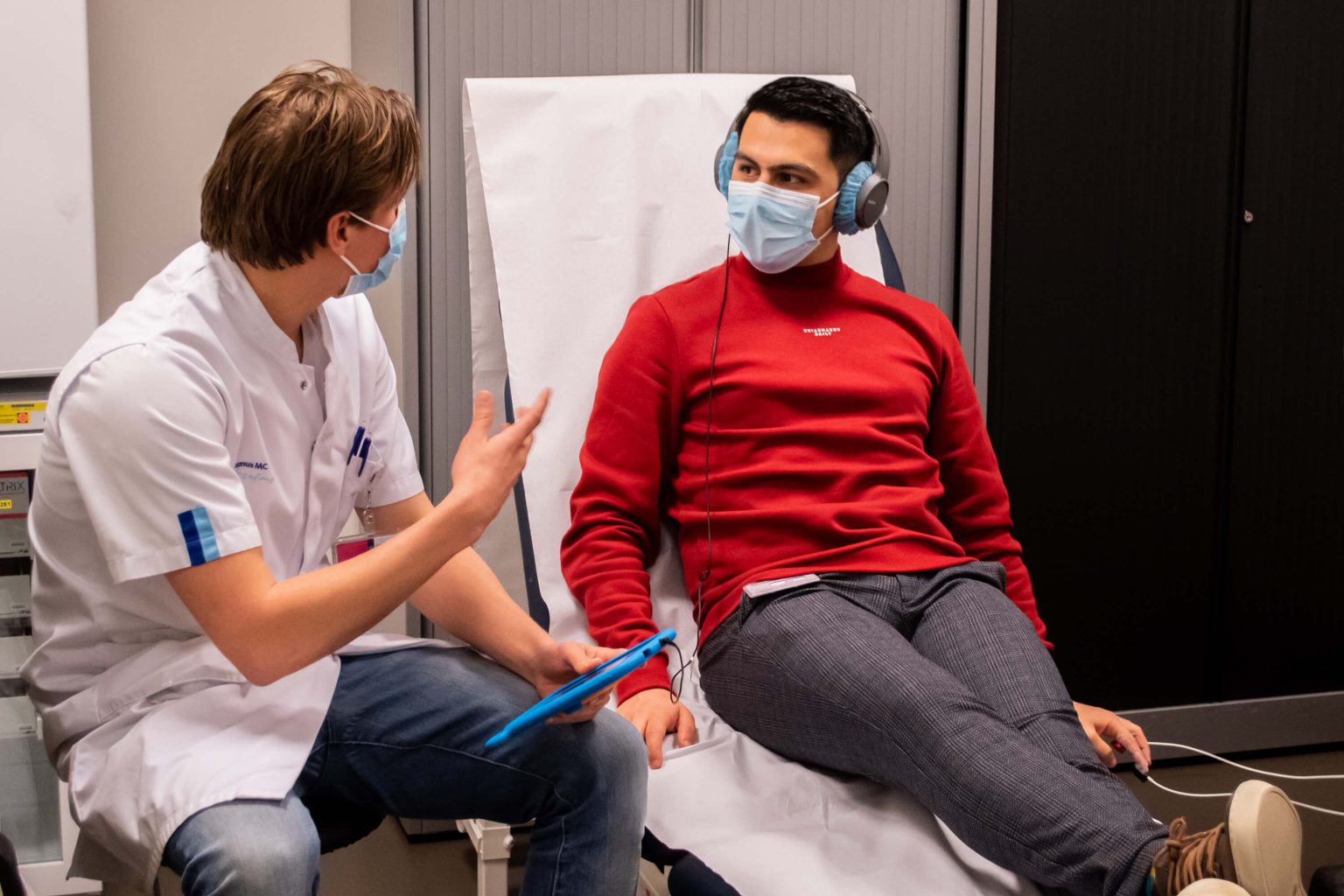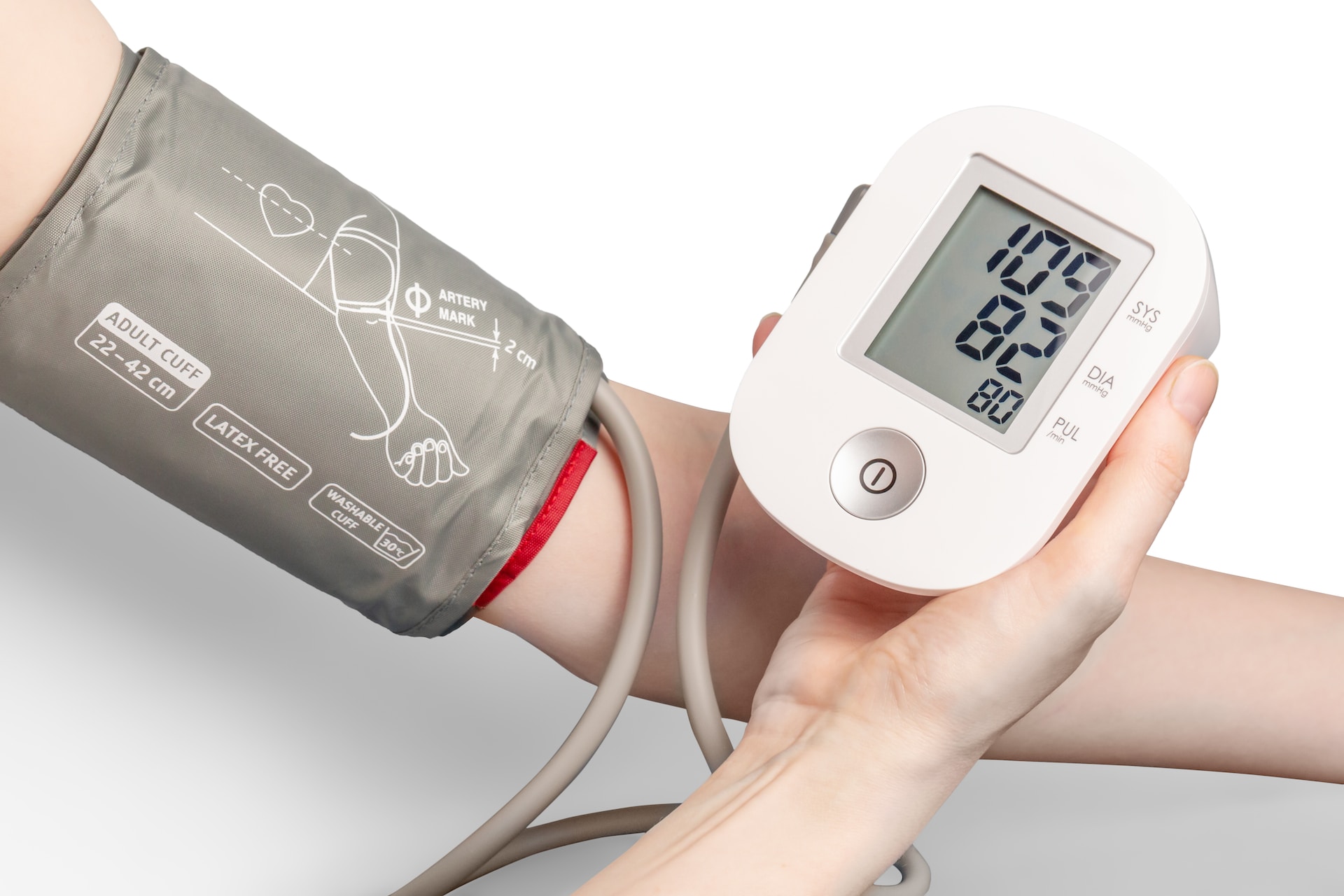Being easily distracted, struggling to focus, difficulty with planning, and an inability to maintain an overview – if these sound familiar, you’re clearly experiencing concentration problems. Of course, it’s not uncommon to find it challenging to concentrate after a long meeting or at the end of a busy workday. When numerous distracting stimuli are present, focusing on a single task becomes understandably difficult. Concentration problems often coincide with fatigue and a restless, hyperactive feeling. However, when you find yourself losing attention and focus more frequently and rapidly, it becomes a real concern.
Mental issues like severe concentration problems are a common reason for seeking help. It might be alarming to experience this, and you may not recognize yourself. Concentration problems typically start at work, where focusing on challenging tasks is essential. Eventually, you may even forget why you’re in the kitchen or struggle to concentrate on your partner’s story. Concentration problems can lead to dangerous situations at work and on the road.
Troubles with concentration are a significantly troublesome issue, making it crucial to address.
Causes of Concentration Problems
In recent decades, since the advent of the internet, the number of stimuli we process in a day has exponentially increased. This means the brain undergoes quite a lot throughout the day, making it challenging to concentrate. Some environmental factors can diminish our concentration. Additionally, there are underlying causes of concentration problems. Possible causes include:
- Too much distraction from social media and mobile phones
- (Household) devices making noise
- Multitasking
- Sleep problems
- Chronic stress, burnout, or exhaustion
- Medication side effects
- Conditions or illnesses, such as ADHD, ADD, depression, Post-Covid Syndrome

Multitasking and Concentration
Multitasking is often praised, with the idea that it leads to more efficient work. However, there is substantial scientific evidence that multitasking diminishes concentration and results in less efficiency. Concentration is simply the ability to focus on the same task for an extended period. Shifting attention from one task to another momentarily interrupts focus, making you less efficient than when focusing on a single task for a longer duration.
The frontal lobe or prefrontal cortex, responsible for focusing on a single thing, is crucial. This brain area also handles functions like empathy, problem-solving, and emotion regulation.
Chronic Stress and Concentration Problems
Distractions, multitasking, and constant alertness can lead to frequent loss of concentration. Concentrating is inherently more challenging when tired. Imbalances caused by stress, excessive activity, overload, or insufficient recovery can result in concentration problems. In chronic stress, difficulty concentrating is literally “in the mind.” Chronic stress, burnout, and exhaustion can bring about changes in the brain. The previously mentioned prefrontal cortex becomes less active during chronic stress, affecting the functions of this brain area. Additionally, another brain region that functions less effectively during chronic stress is the hippocampus, responsible for stimulus processing. Brain scans actually show that these two brain areas become less active and even shrink.
How to Improve Concentration?
You can make several small adjustments in your environment and use various tools to generally enhance your concentration. This includes:
- Keep your desk tidy and maintain its cleanliness (if you’re working or plan to resume)
- Do the same for your home (if you have the energy)
- Create to-do lists for today or the week
- Write down recurring thoughts and concerns or speak them out
- Put away or turn off your phone
- Use noise-canceling headphones to dampen sound
- Play binaural beats with a frequency that suits focus
- Use the Pomodoro technique for a good balance between focus and relaxation
When concentration problems are accompanied by severe fatigue and other symptoms, it’s advisable to take more steps. As discussed earlier, excessive stress, illness, and burnout can eventually lead to concentration problems.
In cases where poor focus is caused by impaired brain function, it’s necessary to stimulate the brain correctly. You can do this by:
- Moving: Sufficient exercise stimulates both the hippocampus and the prefrontal cortex. By training at the right level and avoiding overloading, these brain areas can gradually function better again.
- Engaging in activities that activate the prefrontal cortex: This includes making or actively listening to music, creative activities (handicrafts, puzzles), socializing, and practicing mindfulness or other forms of meditation.
It’s crucial to consider your current energy level when engaging in such activities. What types of activities can you handle well now? How long can you perform them? How long does it take to recover from them?
At BioCheck, we’re here to help you move/train at the right level and improve your energy management through objective measurements and relaxation exercises.





